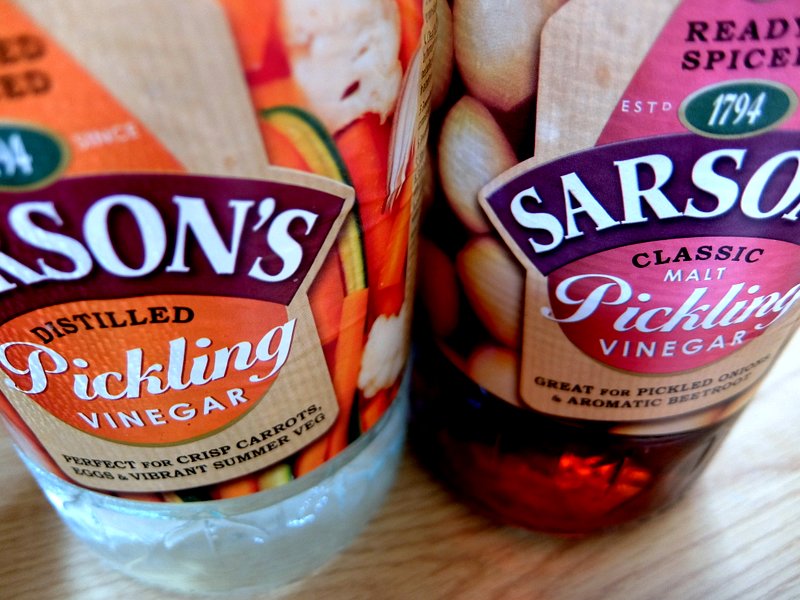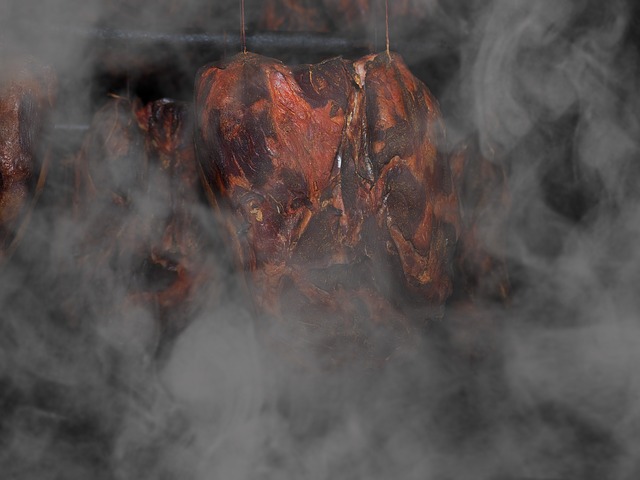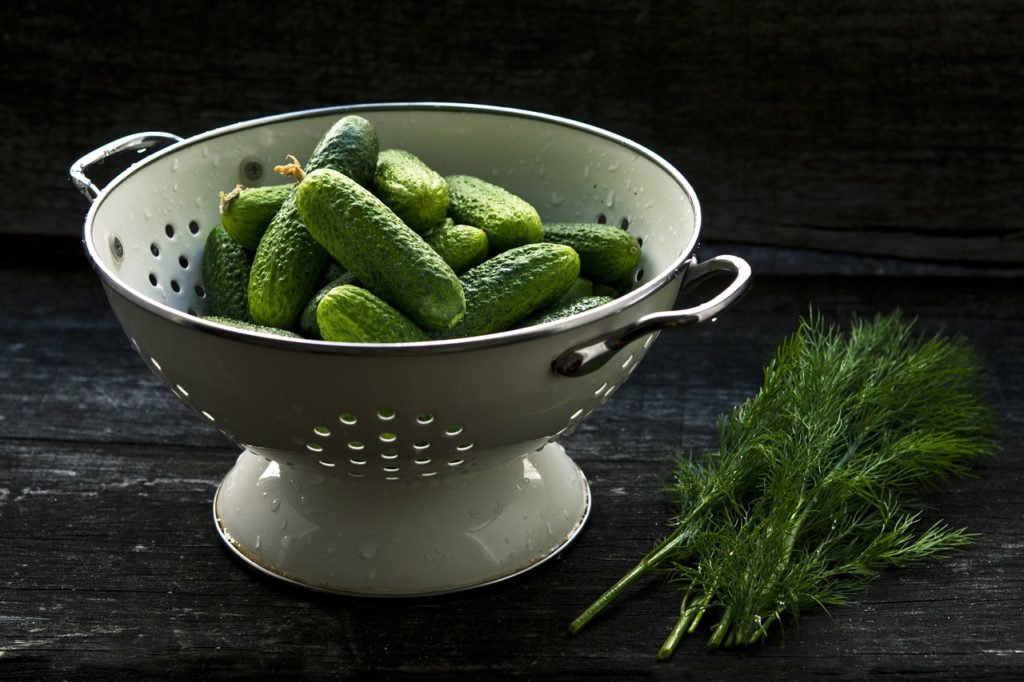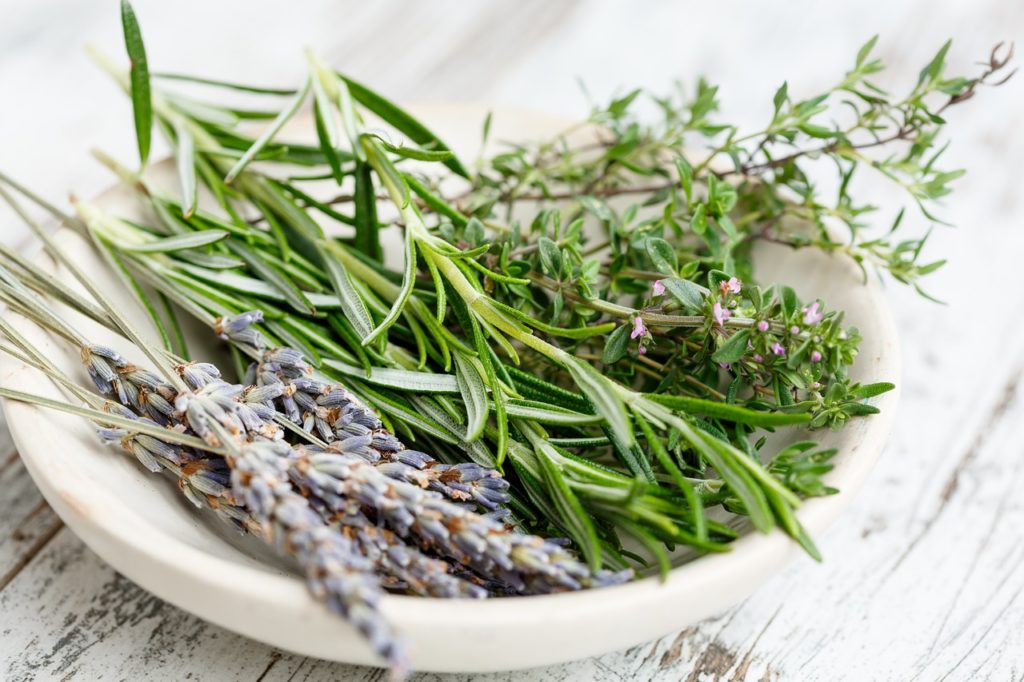Pickling with vinegar is a really simple and quick way to preserve foods. Choosing the right vinegar to use can easily transform a pickle and there are plenty to choose from on the market so how do you decide which vinegar to use. In this article, we will look at what is required of a pickling vinegar and which vinegars are best for different types of pickles.
We will be looking at making long-lasting preserved pickles refrigerator or quick pickles.
Table of Contents
How Vinegar Preserves Food
Vinegar has been used as a preservative for centuries and it is highly effective. The reason that it is highly effective as a preservative is because of the pH. The acid in vinegar is acetic acid created by acetobacter, a type of acid producing bacteria.
The acidity of vinegar inhibits the growth of bacteria and foods stored in vinegar will be able to last much longer sometimes even many years without refrigeration.
Acidity is, therefore, a key requirement when choosing a vinegar to preserve foods. As some types of bacteria are able to grow in slightly acidic solutions we need to ensure the vinegar we use to pickle with is acidic enough to start with.
The acidity of Vinegar For Pickling
To ensure that pickles preserved properly you need to ensure that the acidity of the vinegar you are using is at least 5% acidity or higher.
5% acidity means that for a specific volume of vinegar, 5% of that volume will be acetic acid. At this level, you will ensure that the pH is low enough after processing and cooking the pickles and they retain their texture and crunch.
All vegetables, fruits and fish or meat will contain liquid. When you process the pickles it is inevitable that water will dilute down the vinegar so, some vegetables also contain quite a lot of water. This dilution means that the acidity may not be as strong as we think it is. If we use a strong enough vinegar to begin with this water dilution is not a problem as there will still be enough acidity to preserve the food.
Typically most flavoured vinegar such as salad vinegar will be less than 5% acidity so these are not appropriate for pickling.
Beware Adding Water To Pickles (unless stated in the recipe)
It is usually a bad idea to dilute the vinegar with water if you are pickling unless your recipe explicitly states to do so. It is for the above reason; acidity. If you dilute down the vinegar the pH in the final pickle may not be high enough to ensure proper preservation and long and stable shelf life.
Vinegar Can Be Neutral or Add Flavour
The vast majority of recipes you find will suggest using distilled white vinegar for making pickles. This is often a good choice as it is almost always over 5% acidity which is vitally important for ensuring your produce is preserved properly and the flavour is neutral.
Many of the foods that we might consider pickling will have a delicate flavour we want to retain as much as possible. If you consider the cucumber, it is a subtle flavour, if you use a strongly flavoured vinegar the delicate flavour of the cucumber will be nearly absent in the finished pickle.
On the other hand, onions typically call for malt vinegar as the primary choice for pickling. Onions are clearly very strongly flavoured and can hold their own against a strong flavoured and spiced malt vinegar.
Cider vinegar is another popular candidate for pickling as long as the acidity is high enough. It goes well with moderately flavoured produce but can dominate the more subtle flavoured foods you might consider pickling. I like using it for pickling beetroot.
Good Vinegars For Pickling
Distilled White Vinegar: This is by far the most common choice for pickling. The acidity content is nearly always high enough and the flavour is mellow and the colour of your produce is going to stay the same because it is clear.
Malt Vinegar: This vinegar made from malted barley is another prime contender. It is often quite a dark brown so will colour the food you are pickling a shade of brown and it has a fairly bold flavour so is best used with high flavoured produce.
Cider Vinegar: Cider vinegar is a moderately coloured vinegar. It is important to check the acidity before using cider vinegar for pickling as some may not be over 5% acidity. It has a fairly distinct flavour so it is best used to pickle produce that can stand up to the flavour.
Wine Vinegar: It is important again to check the acidity here which may be either higher than 5% or lower if the vinegar has been made to dress salads it could only be 4% so should not be used. Wine vinegars are usually delicately flavoured and of course, red wine vinegar is coloured but can be used in combination with flavourful vegetables to make some great pickles.




very informative ! i am ready to start pickleling . Thank you
Great, best of luck with your journey.
Just what I needed to know… Cheers!
Pingback: The Difference Between White Vinegar and Pickling Vinegar – Pickle Wiki
What’s the best vinegar to use wen pickling beetroot?
I like red wine vinegar personally. I am posting a recipe in the next few days so keep an eye out.
What is the best vinegar when pickling asparagus..
Do you recommend store bought prepared pickling
spice. Thanks.
I like white wine vinegar and, yes, I use pickling spice. See my recipe here – Pickled Aspargus
What vinegar would you use when pickling seafood like octopus and squid?
Is cider vinegar always made from apples?
As far as I know yes. I would assume that manufactures would be in trouble if they labelled a product cider vinegar without any apples in it.